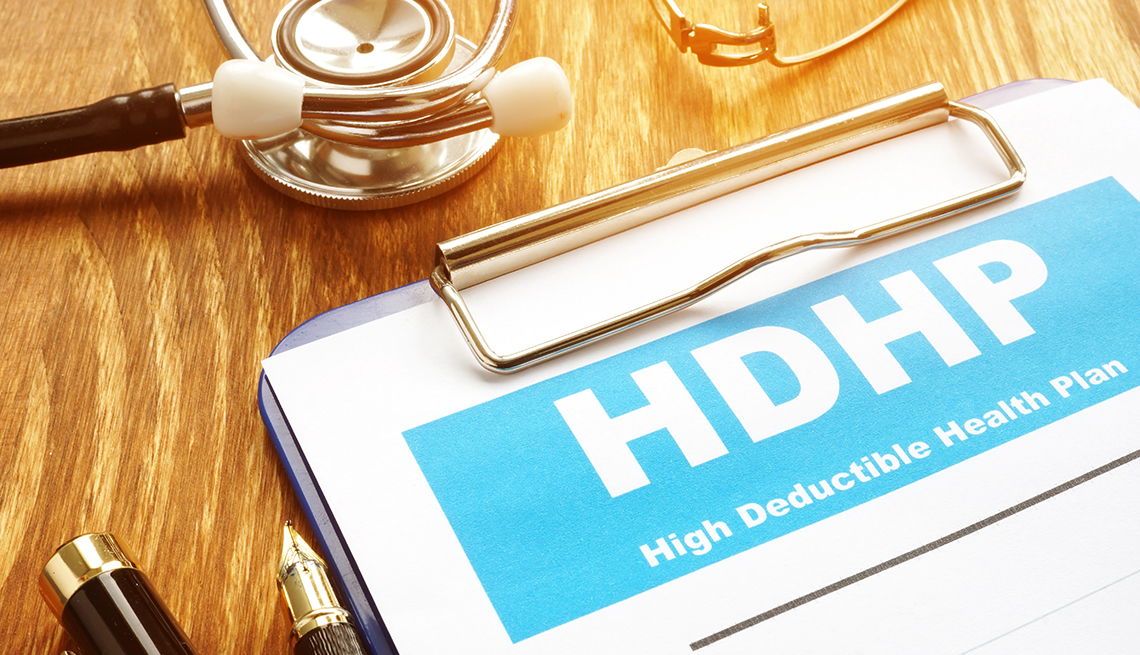
High-deductible health plans can waive deductible for coronavirus
- Select a language for the TTS:
- UK English Female
- UK English Male
- US English Female
- US English Male
- Australian Female
- Australian Male
- Language selected: (auto detect) - EN
Play all audios:

If you have a high-deductible health insurance plan, you know that one of the drawbacks is, well, a high deductible. And that might make you balk at getting tested for coronavirus. The
Internal Revenue Service is taking some of your hesitation away. Under new IRS guidance, your employer's high-deductible health plan (HDHP) can waive the out-of-pocket costs of COVID-19
testing and treatment without running afoul of tax law or making you pay through your health savings account (HSA). Previous rules forbid high-deductible plans paying for testing and
treatment of coronavirus before a patient had met their entire deductible. Those costs can be considerable. In 2020, high-deductible plans must have a deductible of at least $1,400 for an
individual or $2,800 for a family. An HDHP's total yearly out-of-pocket expenses (including deductibles, copayments and coinsurance) can't be more than $6,900 for an individual or
$13,800 for a family. THROUGHOUT THE TAX SEASON, CHECK FOR THE LATEST UPDATES AND RESOURCES Jodi Jacobson/Getty Images MORE ON CORONAVIRUS Individuals with qualifying high-deductible plans
are eligible for HSAs, to which they can contribute pretax up to $3,550 for individuals and $7,100 for families. Contributions reduce your taxable income. Those 55 and older can contribute
an additional $1,000. They can withdraw that money tax free, if used for qualified medical expenses, and roll over any remaining balance to the next year. After age 65, you may no longer
make contributions to a health savings account if you enroll in Medicare, but you can make withdrawals. Bear in mind, however, that employers are not being required by the IRS to waive
coronavirus costs. Rather, they have the option to exempt the costs from deductible requirements without jeopardizing their tax treatment. Some employers, especially those that are
self-insured, may choose not to follow suit. The IRS ruling also protects the tax status of HSAs in the event an HDHP covers coronavirus costs before the deductible is met. "It [the
ruling] should encourage more people to get tested, but whether the test is available or not is another question,” said Alison Moore, vice president of HealthSavings, an HSA provider. “The
federal government is doing everything they can to be proactive for the treatment of this virus."
